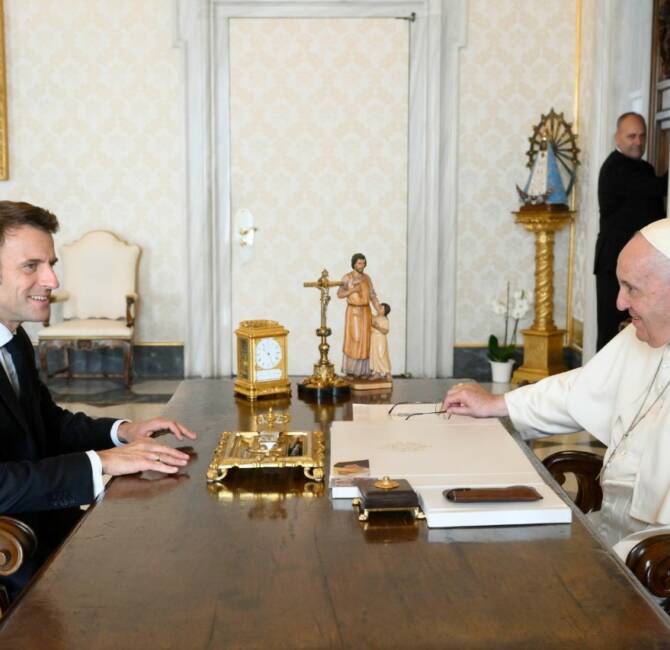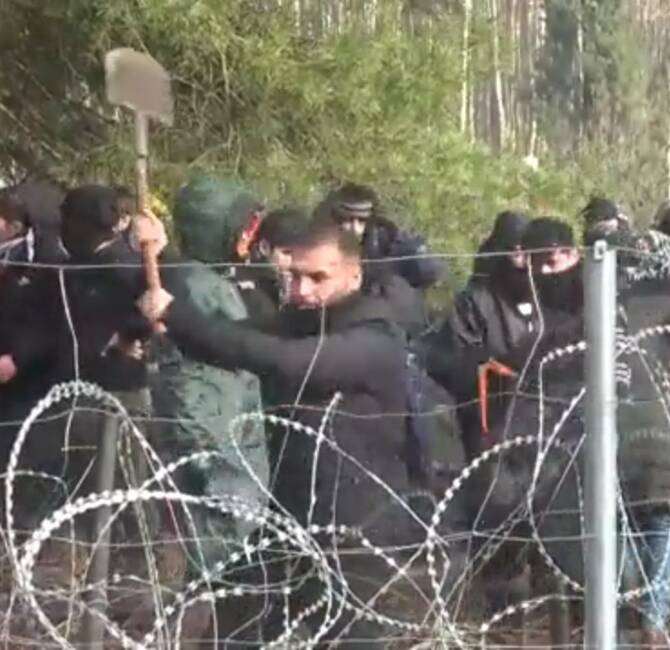Czechia – Having just been elected with 58.3% of the vote on 29 January, President-elect Petr Pavel, who will take office on 9 March, has already begun to lay the groundwork for his term of office, especially on the international stage.
He had a fifteen-minute telephone conversation with his Taiwanese counterpart Tsai Ing-wen on Monday, which he readily reported on Twitter: “Today I spoke with President Tsai Ing-wen of Taiwan. I thanked her for her congratulations and
assured her that Taiwan and the Czech Republic share the values of freedom, democracy and human rights and that we will further strengthen our partnership.”
This was enough to provoke the ire of the Chinese authorities, who are very touchy on the issue of Taiwan and have once again reacted strongly. The Chinese Ministry of Foreign Affairs immediately protested the future Czech president’s phone conversation. It recalled that
“China is opposed to countries with which it maintains diplomatic relations engaging in any form of official exchange with the authorities of Taiwan”,
and said it considered that this “undermined” Petr Pavel’s credibility. All the more so, the Chinese added, since “during the election campaign, [he had] openly declared that the principle of ’one China’ should be respected.”
Czech Prime Minister Petr Fiala stepped in, also on Twitter, saying that “the policy of the Czech Republic towards China remains unchanged and corresponds to the policy of our allies. Czechia respects and enforces its own One China Policy.
As a sovereign state, we decide for ourselves who we call and who we shall meet.”
The island of Taiwan (officially: the Republic of China) is the only Chinese province that was not conquered by the Communists after the Chinese Nationalist government (Kuomintang) of Chiang Kai-shek retreated there following the defeat of his troops on the mainland. Taiwan’s current president, Tsai Ing-wen, who was elected in 2016 and re-elected in 2020, is in favour of making Taiwan’s independence official. Taiwan has functioned as a de facto independent country since 1949, but making an official declaration of independence would be a cause for war in the eyes of the People’s Republic of China.
President-elect Petr Pavel, who was chairman of NATO’s military committee from 2015 to 2018, is known to have an approach to China that is very different from that of outgoing President Miloš Zeman. The latter has made himself known for his unconventional attitude and his pro-Chinese positions, which were also pro-Russian until 24 February 2022 and the start of Russia’s “special operation” in Ukraine.




